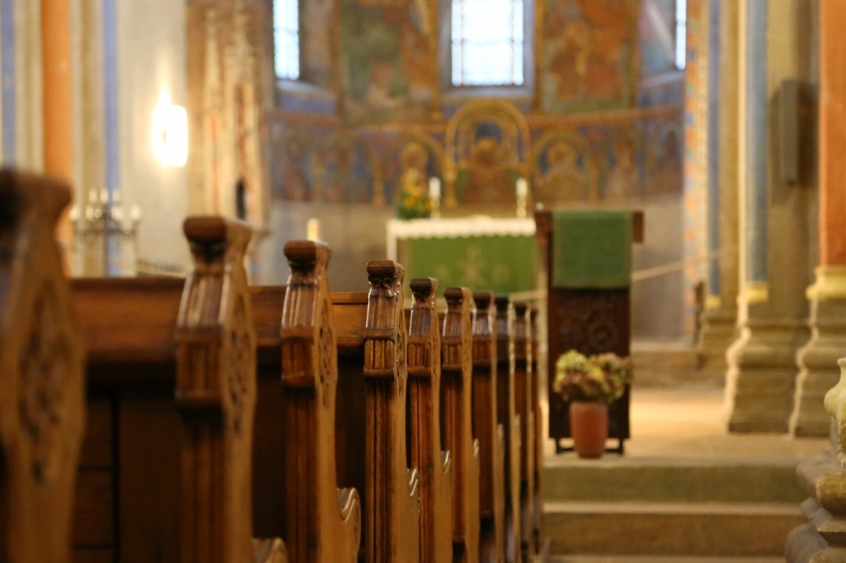
Andy Stanley is one of the most influential church leaders today. He has given immeasurably helpful insights that help both church organizations and church members in the area of leadership, faith, church management and church growth.
However, a little over a week ago, Pastor Andy proved once more to everyone that even the best leaders can make mistakes. While the leader has apologized and taken back what he said, many people remain unmoved by the move of humility. I myself found the apology to be more than enough, and I will continue to learn from him and respect his work. But that's not the point I want to drive today.
The comment that Stanley made was one on small churches and how much more beneficial it is to be part of a bigger church. The leader went on to say that parents who go to small churches remain "selfish" to send their kids to small churches where they can't mingle with a community that they fit into.
You may look at this idea from different angles, but there's just very little to it that's right and a hundred pounds of it that's wrong. Even Stanley will have to admit that. And the question we must all be asking now is "Are big churches really better than small churches?"
Better in what aspect?
We cannot deny that, yes, there are areas and factors in which big churches are better than small churches. Big churches have better exposure, better attendance, better reach, and maybe even better finances (but this isn't always the case). But it does not make a church better overall to be big.
1 Samuel 16:7 gives us a good reminder when it says, "For the Lord sees not as man sees: man looks on the outward appearance, but the Lord looks on the heart." This applies to organizations just as much as it does to individuals. What matters most is whether the heart of the body of believers is in sync with God.
It's all about community
The word church derives from the Greek word "Ekklesia," which means "a gathering of people," and the context here was not to have people gather in the biggest hall possible and have the best sound system and lights and listen to the best preacher. It referred to a community that did life together and valued unity and each other.
Church is about community growth, not just in numbers but in terms of the growth of individuals and relationships with one another. We can have big churches, but unless people in church grow in discipleship and fellowship, and in turn love God and others more through this, then we miss the point.
Grow, but remain small
The best way to grow the church is to remain small. The early church grew rapidly. When Peter preached, thousands would be added to their number daily, but one would notice that the divine strategy given to the apostles was to assign deacons, overseers and pastors who would take care of smaller chunks of the bigger body.
If we want to propagate the gospel, we must think big and desire growth, and as that happens we must always find ways to shrink our communities and make relationship and communication more effective. That's why church events, fellowship programs, small groups and gatherings work -- because they foster that strong authentic and loving relationship that we can have for one another.













